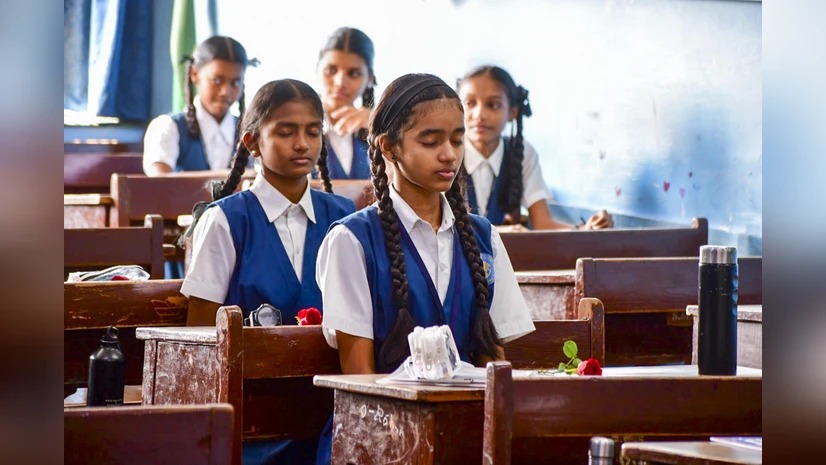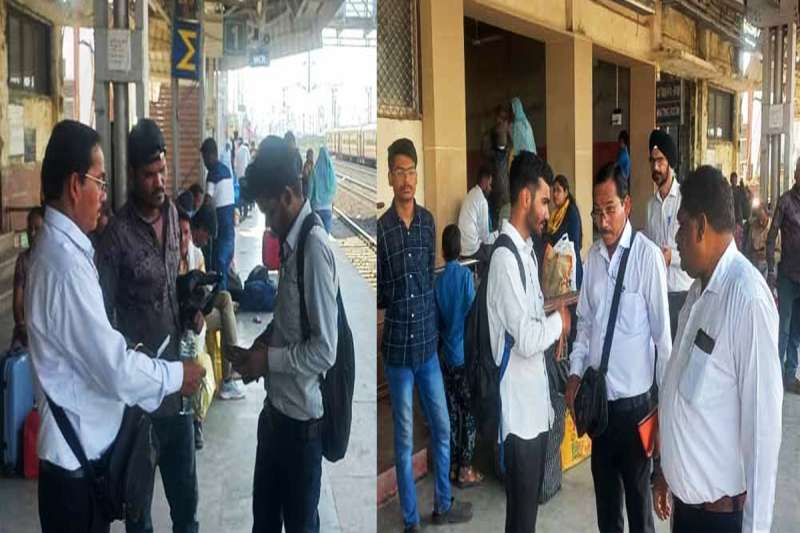Ramesh Kr. Datta, J.@mdashHeard learned Counsel for the Petitioner and learned Counsel for the State.
2. The writ application had been filed by the Petitioner seeking various reliefs. However, subsequently by order dated 2.12.1999 learned Counsel for the Petitioner was permitted to confine the writ application to the issue relating to Dal Mill, which was relief No. (iv) of para-graph-1 sought by him, namely, to restrain the Respondent authorities from interfering with the business of pulses, the factory of which is located at Gosaibagh, Gaya as no licence is needed under the Bihar Trade Articles (Licences Unification) Order, 1984 (hereinafter referred to as ''the Unification Order'') for carrying on business of pulses.
3. The dispute in the present matter arose on account of the non-renewal of the licence for foodgrains of the Petitioner by the District Magistrate, Gaya, against which the Petitioner moved before the Commissioner in appeal which was also rejected. However, the case of the Petitioner is that the Petitioner carries on mainly the business of pulses and the Unification Order is not applicable to the said business as no licence fee is prescribed for the same and, therefore, the District authorities acting under the Unification Order have no jurisdiction to interfere in the matter of business of pulses including running of the Dal Mill situated at Gosaibagh, Gaya.
4. In support of the aforesaid proposition learned Counsel for the Petitioner relies upon a decision of a learned Single Judge of this Court in the case of Satya Narain Prasad v. The State of Bihar 1988 PLJR 502, in paragraph-11 of which, it has been held as follows:
11. The learned Government Advocate appearing on behalf of the State submitted that there is a central order known as Pulses, Edible Oil Seeds and Edible Oils (Storage Control) Order, 1977 and under Clause 3 of the said order, no person shall carry on business as dealer in pulses or edible oil seeds or any edible oils except under and in accordance with the terms and conditions of the licence granted by the State Government. According to Clause 3 of the Central Order, no person shall carry on business without any licence granted under the State order if the stock of the pulses exceeds 10 quintals for all pulses taken together. Therefore, according to learned Government Advocate, if any person will store the pulses for business exceeding 10 quintals, he will have to obtain licence. The learned Government Advocate may be right but I may point out here that the dealer will obtain licence in accordance with the terms and conditions of a licence granted under the State Order and unless there is a State Order in force, Clause 3 of the Central Order cannot have any application because the Central Order is clear on this point and it provides that if a person deals in pulses and if the stock of the pulses exceeds 10 quintals then he has to obtain a licence from the licensing authority in accordance with the terms and conditions of a licence granted under the State Order. But I have already indicated above that there was no State Order in force at the material point of time, therefore, I do not find any substance in the contention of the learned Government Advocate. Unless there is State Order in force at the material time, a dealer cannot obtain a licence for dealing in pulses. I may again point out here that Clause 4 of the Unification Order is clear on this point that every application for grant of licence shall be made to the licensing authority in Form ''A'' alongwith the fee prescribed in Schedule-IV. Schedule-IV has not prescribed any fee for obtaining licence for pulses. So, in my view, there is a lacuna in Schedule-IV of the Unification Order as well when pulses have been bifurcated in Part-ll from foodgrains and Schedule-IV prescribes licence fee for foodgrains then there ought to have been a prescribed lee for pulses as well. In that view of the matter, the question of violation of Clause 3 of the Unification Order or the violation of Clause 3 of the Central Order does not arise at all in the instant case.
5. Learned Counsel further relies upon a decision of a Division Bench of this Court dated 19.2.1992 in Cr.W.J.C. No. 412 of 1991: (Om Prakash Bhartia v. The State of Bihar and Ors.) in which it has been held as follows:
Learned Standing Counsel No. 5 states that no licence fee has yet been prescribed for obtaining licence under the provisions of Bihar Trade Articles (Licences Unification) Order, 1984 so far it relates to pulses.
This Court in a decision reported in 1988 P.L.J.R. 502 has held that in absence of licence fee having been prescribed under the aforementioned Order, pulses cannot be held to have been brought within the purview thereof.
In this view of the matter, it must be held that no offence is made out, even if the allegation made in the first information report is given face value and taken to be correct in its entirety.
6. To the similar effect is the decision of another learned Single Judge of this Court in the case of
7." Learned A.O. to Government Advocate No. 1 states that as yet no licence fee has been prescribed for obtaining licence under the provisions of the Unification Order with respect to pulses.
8. In the aforesaid view of the matter, the relief claimed by the Petitioner with regard to his business of pulses including his Dal Mill has to be allowed and it is held that the Respondent authorities cannot interfere with the business of pulses of the Petitioner including his Dal Mill as there is no need for any licence for the same under the Unification Order.
9. The writ application is, accordingly, allowed and the Respondent authorities are directed not to interfere with the business of pulses of the Petitioner including his Dal Mill.

